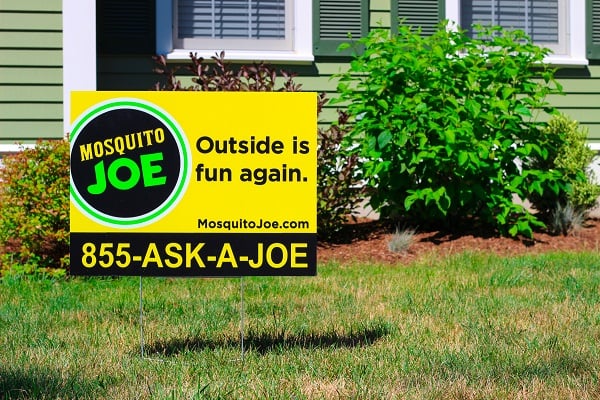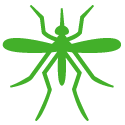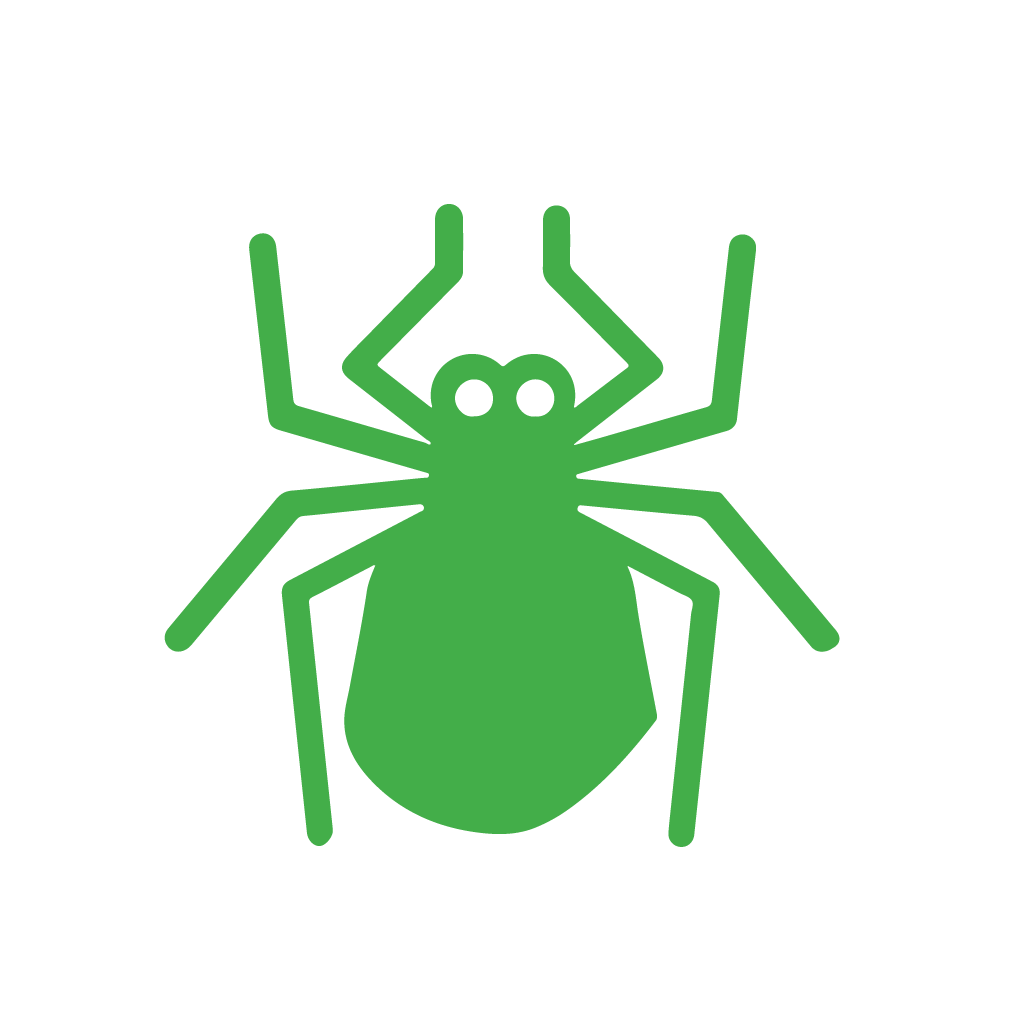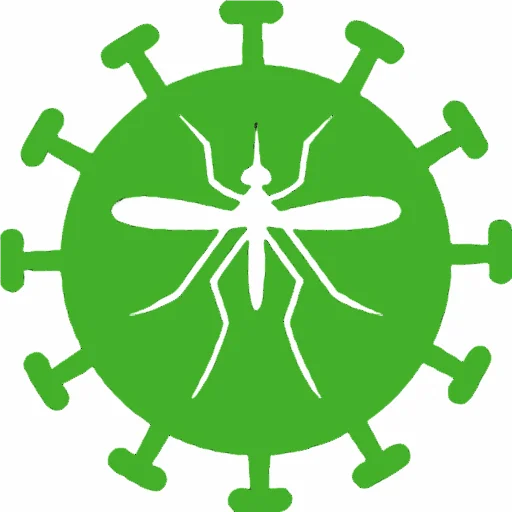At Mosquito Joe, we pride ourselves on offering industry-leading barrier treatments to rid your yard of mosquitoes, fleas, and ticks. However, we strive to empower our customers with the tools and knowledge needed to keep those pesky party-crashers away from their yard. To do so, we offer educational resources so you can get even more enjoyment out of your outdoor spaces. Whether you are a social butterfly who hosts many summer BBQs or you'd like to provide an itch-free yard for your kids and pets — these basic outside housekeeping tips will help you get started!
Understanding the life cycle of outdoor pests such as mosquitoes is the first step in combating them.
Below is information on the typical life cycle of mosquitoes, ticks, and fleas, as well as how to get to them before they get to you.





